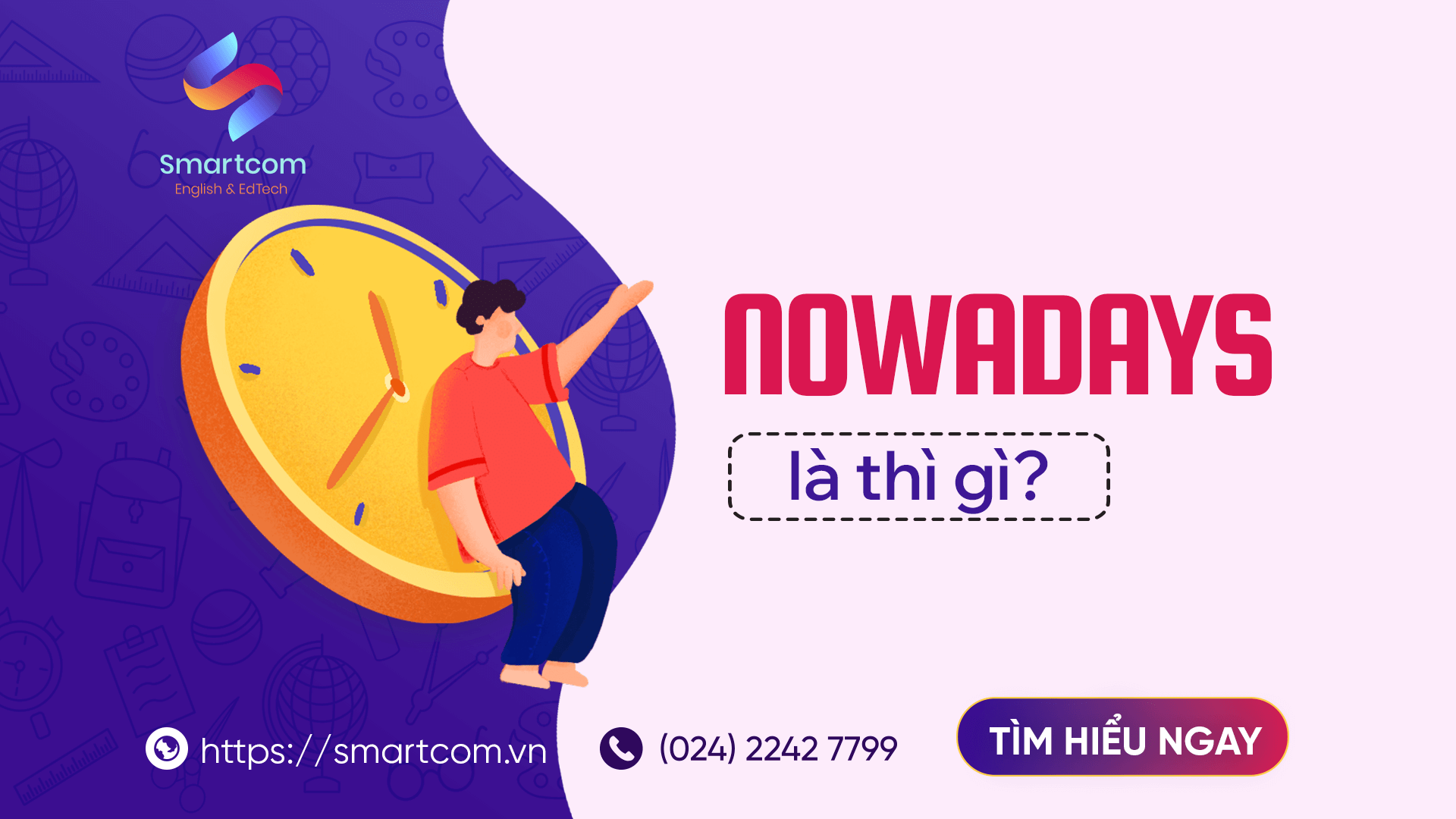Đội ngũ chuyên gia tại Smartcom English là tập hợp những chuyên gia đầu ngành trong lĩnh vực IELTS nói riêng và tiếng Anh nói chung. Với phương pháp giảng dạy sáng tạo, kết hợp với công nghệ AI, chúng tôi mang đến những trải nghiệm học tập độc đáo và hiệu quả. Mục tiêu lớn nhất của Smartcom Team là xây dựng một thế hệ trẻ tự tin, làm chủ ngôn ngữ và sẵn sàng vươn ra thế giới.
Some people believe that young people should follow the traditions of their society, while others think they should be free to act according to their individuality. Discuss both views and give your opinion.
IELTS Paper-delivered test – 14/9/2024
Dịch đề bài: Một số người cho rằng người trẻ nên tuân theo các truyền thống của xã hội mình. Một số khác cho rằng họ nên được tự do hành xử theo cá nhân của mình. Thảo luận cả hai quan điểm và đưa ra ý kiến của bạn.
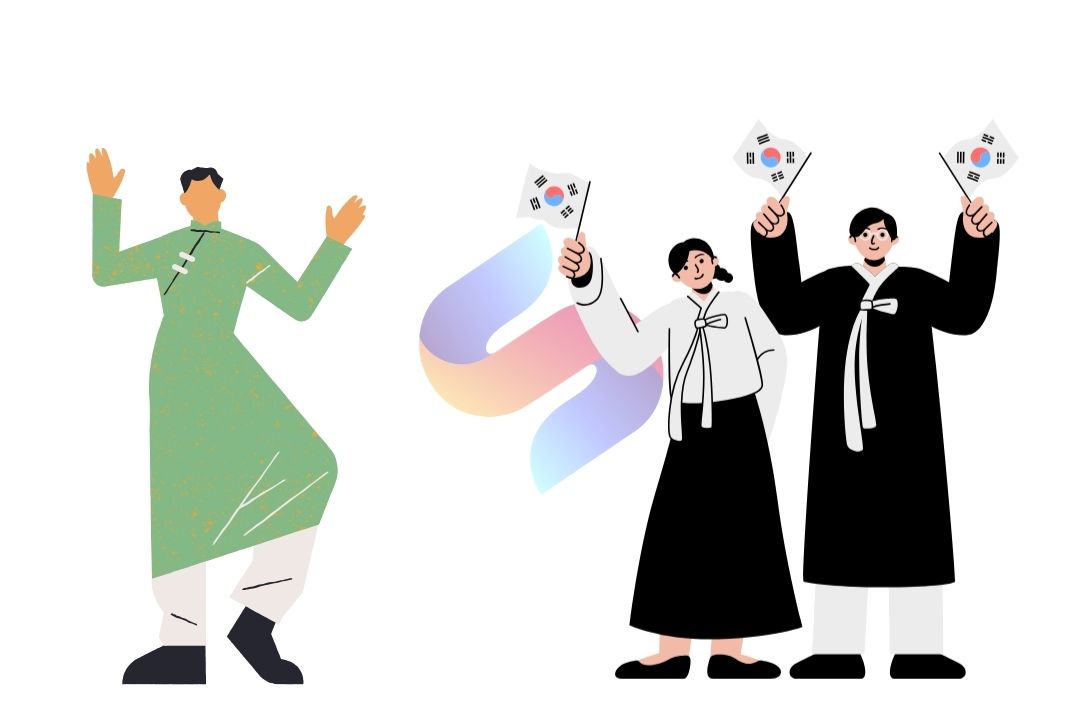
Hướng dẫn chiến thuật làm bài
Bước 1: Xác định rõ yêu cầu của đề bài
Đề bài yêu cầu thảo luận cả hai quan điểm:
- Người trẻ nên tuân theo các truyền thống của xã hội.
- Người trẻ nên tự do hành xử theo phong cách cá nhân.
Đưa ra ý kiến cá nhân về quan điểm mà bạn đồng tình hơn.
Cấu trúc bài viết là dạng Discuss Both Views and Give Your Opinion.
Bước 2: Lên dàn ý bài viết
Mở bài:
Giới thiệu chủ đề.
Nhấn mạnh sự tồn tại của hai quan điểm đối lập về việc tuân theo truyền thống và sự tự do cá nhân.
Nêu rõ quan điểm của bản thân (nếu muốn).
Bước 2: Lên dàn ý bài viết (Idea Outline in English)
Introduction:
Introduce the topic of the debate about young people and tradition.
Mention the two opposing views: following tradition vs. behaving as individuals.
Briefly state your opinion (optional).
Body Paragraph 1: The importance of following traditions
- Main idea: Following traditions preserves cultural heritage and social values.
Supporting idea 1: Traditions connect generations and maintain a sense of community.
Example: Family-oriented traditions like respect for elders.
Supporting idea 2: Traditions provide stability and structure in society.
Example: Cultural festivals and rituals that promote unity.
Body Paragraph 2: The importance of individual freedom
- Main idea: Encouraging personal freedom allows for creativity and adaptation to modern life.
Supporting idea 1: Individual freedom fosters innovation and independence.
Example: Careers in modern industries such as technology require creative thinking.
Supporting idea 2: Challenging outdated traditions can lead to societal progress.
Example: Breaking away from traditional gender roles has led to greater gender equality.
Conclusion:
- Summarize both views and your opinion.
- Restate opinion: Balance is key—young people should respect traditions but also have the freedom to express individuality.
Bài luận hoàn thiện
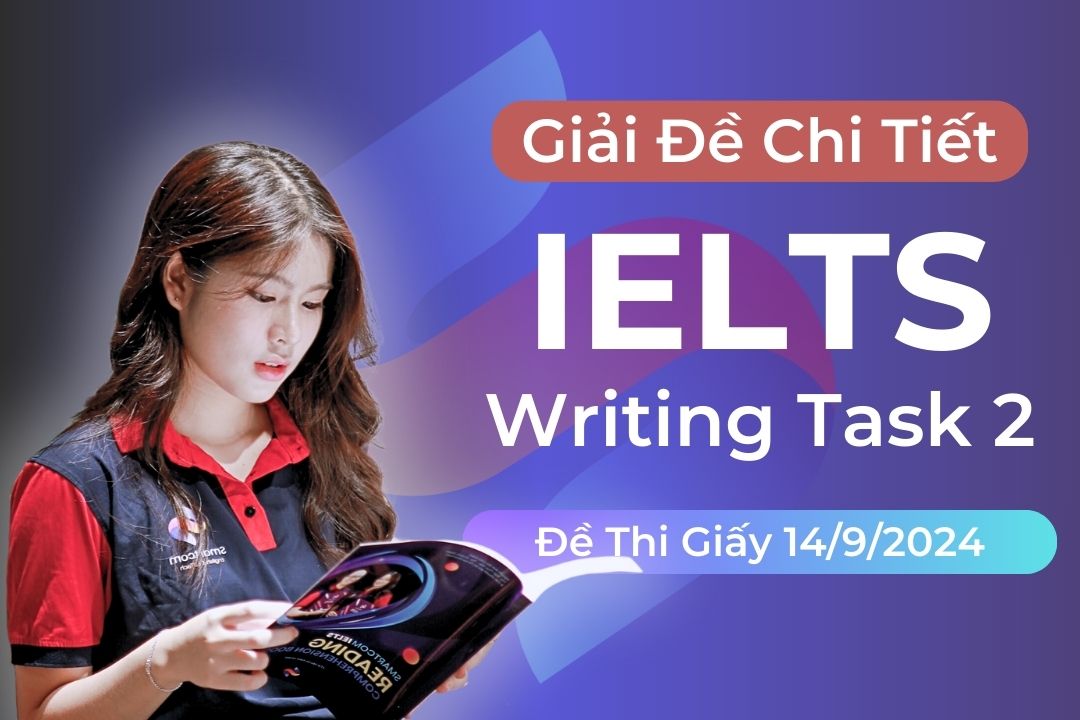
In contemporary society, while some people assert that the younger generation should adhere to established societal norms, others argue that fostering individualism yields greater benefits. This essay will examine both perspectives before concluding that a balanced approach, wherein young people can both respect cultural traditions and pursue personal autonomy, is most advantageous.
On the one hand, proponents of tradition argue that following established customs helps to preserve cultural heritage and maintain social stability and order. By adhering to long-standing societal norms, younger individuals contribute to a sense of unity and continuity across generations. Moreover, traditions often embody ethical and moral principles, which serve as guiding values that foster social cohesion. For example, traditional family values, such as respect for elders, not only uphold familial bonds but also reinforce a collective identity that supports a stable society.
On the other hand, advocates of personal freedom contend that independence encourages creativity and innovation, qualities indispensable in today’s rapidly evolving world. Allowing young people to explore their unique identities and challenge outdated practices can propel societal advancement. For instance, many contemporary professions, particularly in the technology sector, demand creative problem-solving and innovative thinking—attributes that conventional frameworks may not nurture. Consequently, freedom of expression can be instrumental in driving both individual and societal progress.
In conclusion, while traditions provide an essential sense of cultural continuity, it is imperative that young people are not restricted by them. A balanced approach, where they can honor their cultural roots while freely exploring their individual potential, is most likely to foster both personal growth and cultural preservation.
Từ vựng cần nhớ
Kết nối với mình qua
Bài viết khác


![[PDF + Audio] Tải Sách IELTS Cambridge 19 (Kèm đáp án)](https://smartcom.vn/blog/wp-content/uploads/2024/06/ielts-cambridge-19_optimized.png)

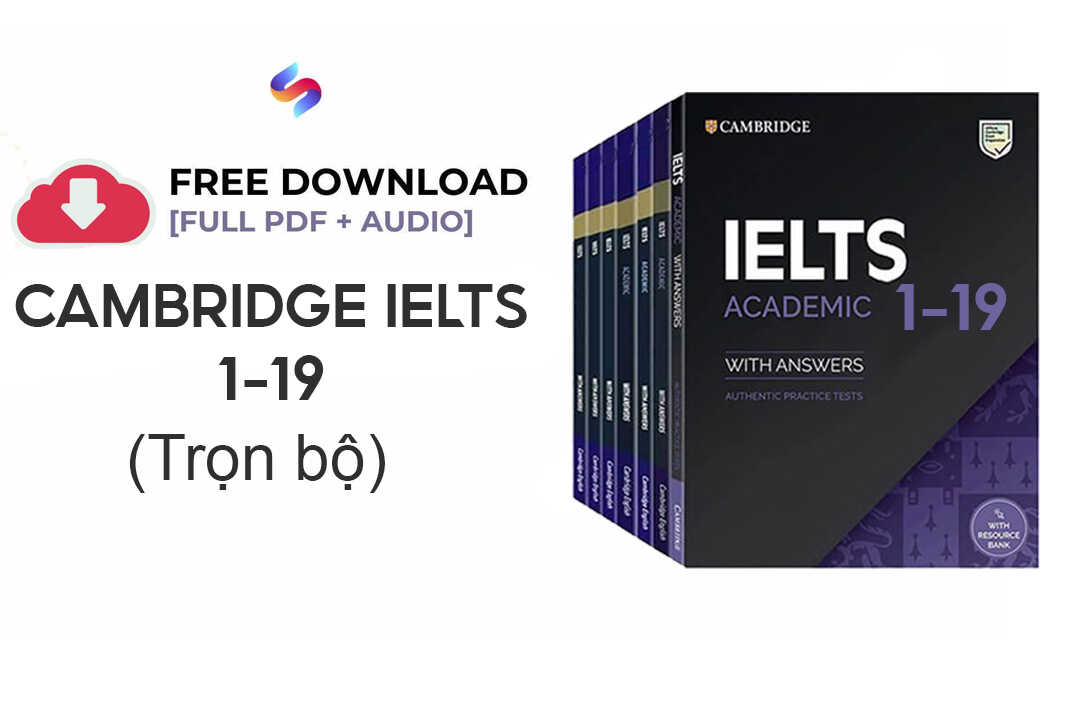
![[PDF + Audio] Tải Sách IELTS Cambridge 17 (Kèm đáp án)](https://smartcom.vn/blog/wp-content/uploads/2024/07/sach-ielts-cambridge-17_optimized.jpg)
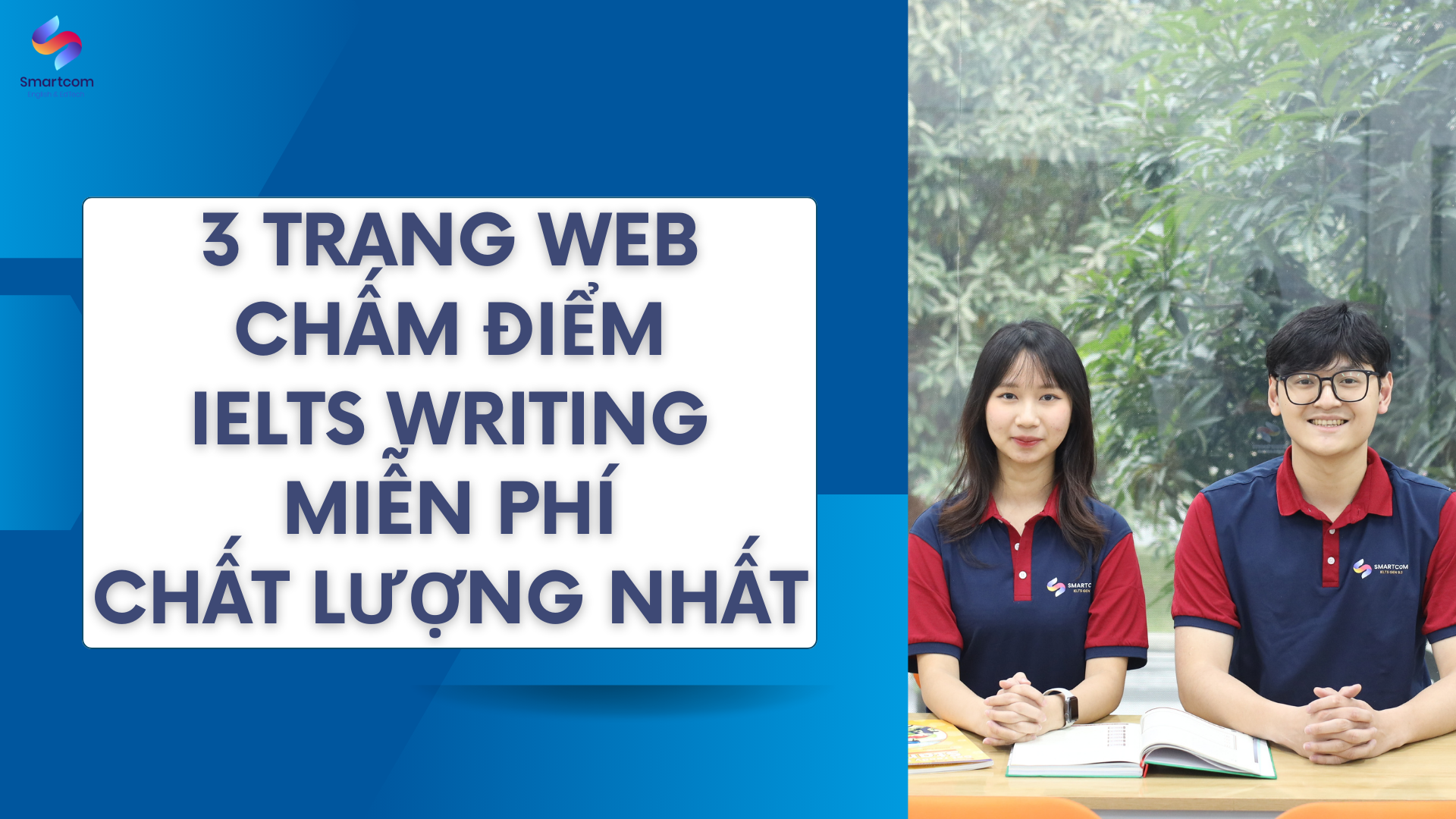
![[PDF + Audio] Tải Sách IELTS Cambridge 15 (Kèm đáp án)](https://smartcom.vn/blog/wp-content/uploads/2024/07/ielts-cambridge-15_optimized.jpg)








